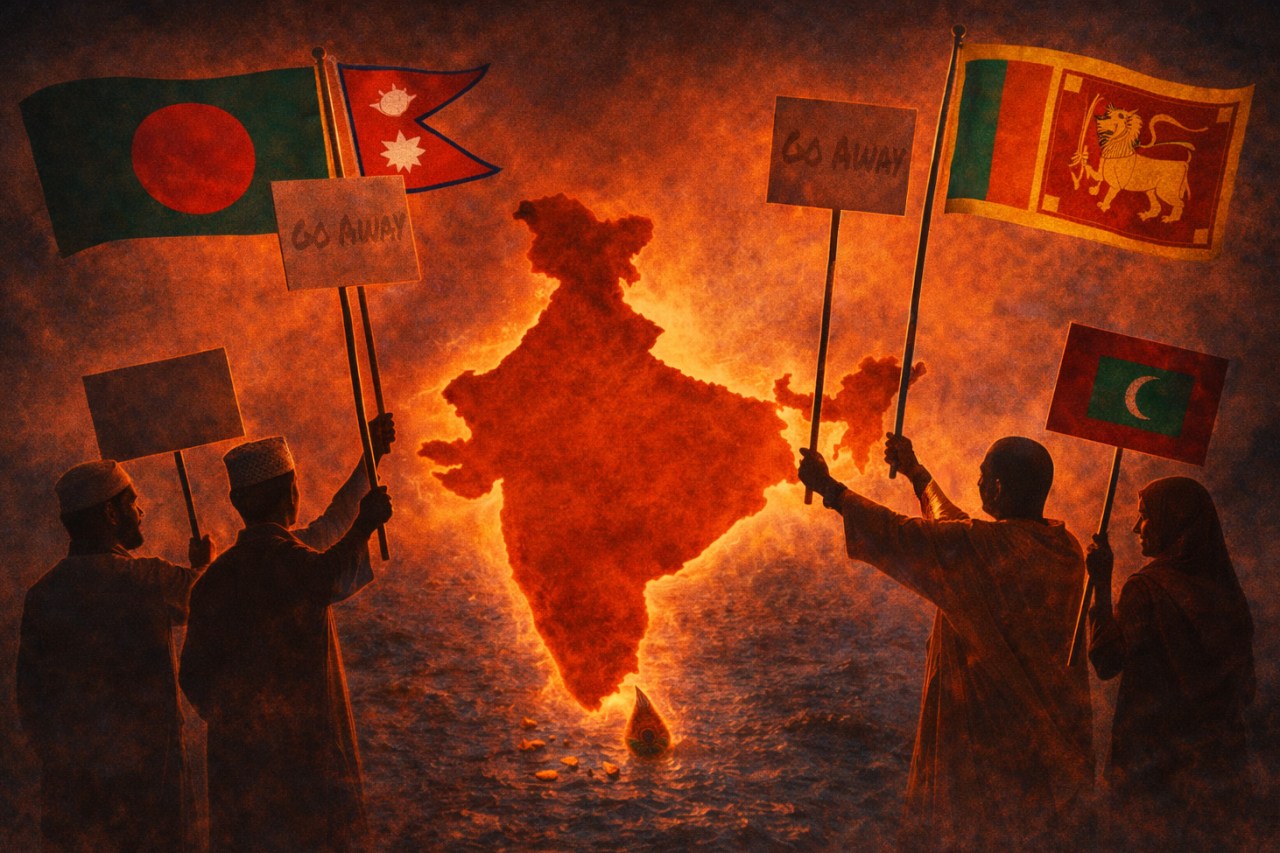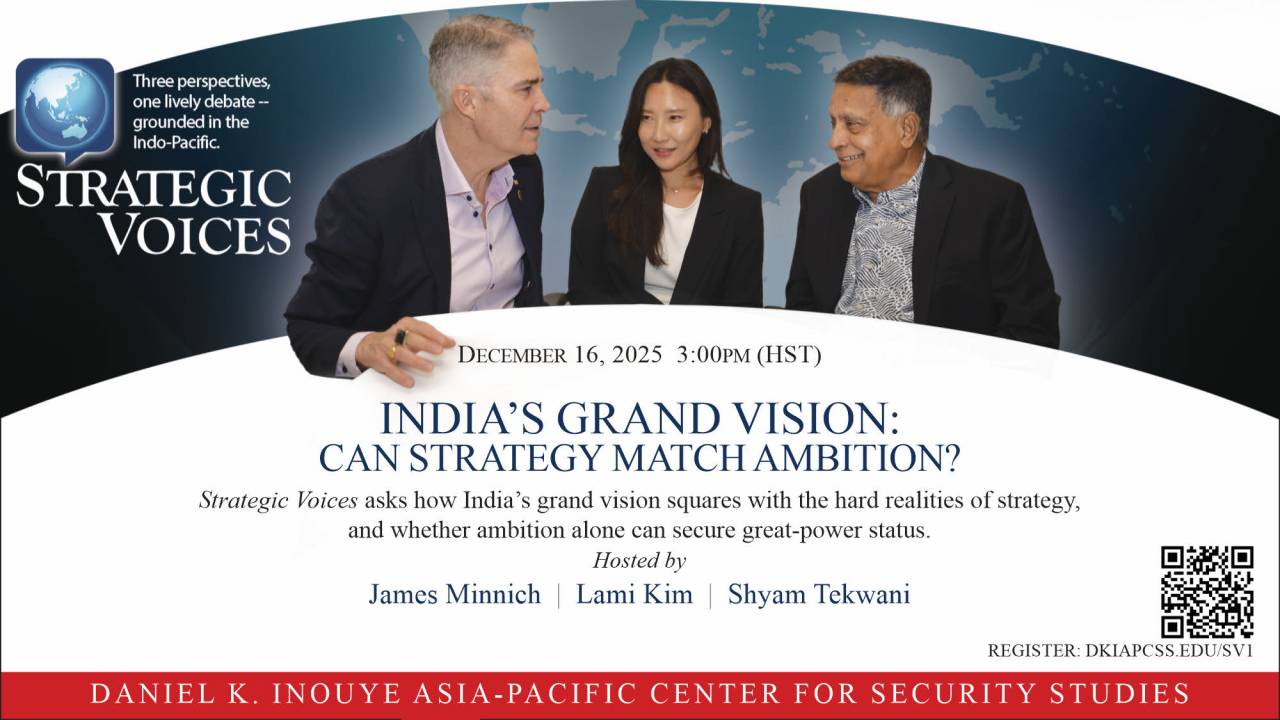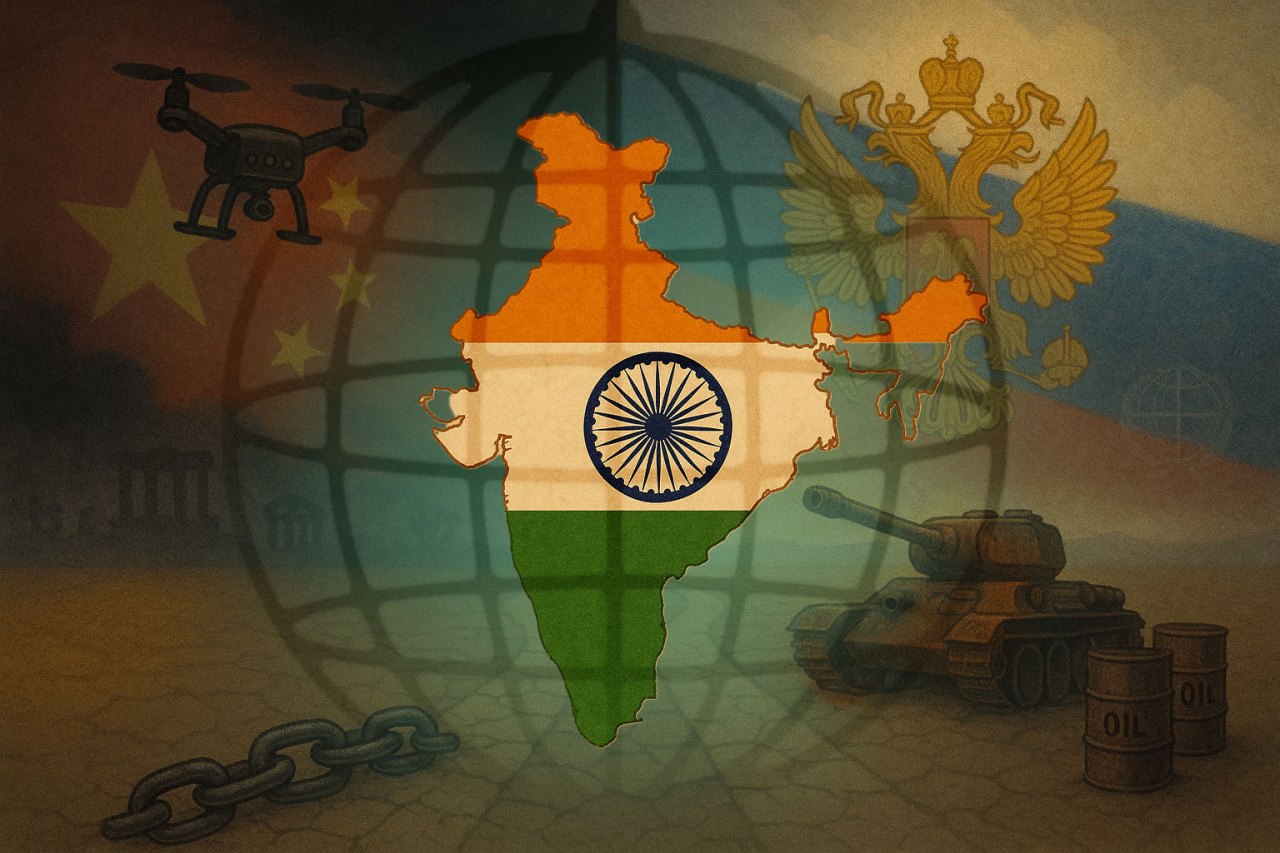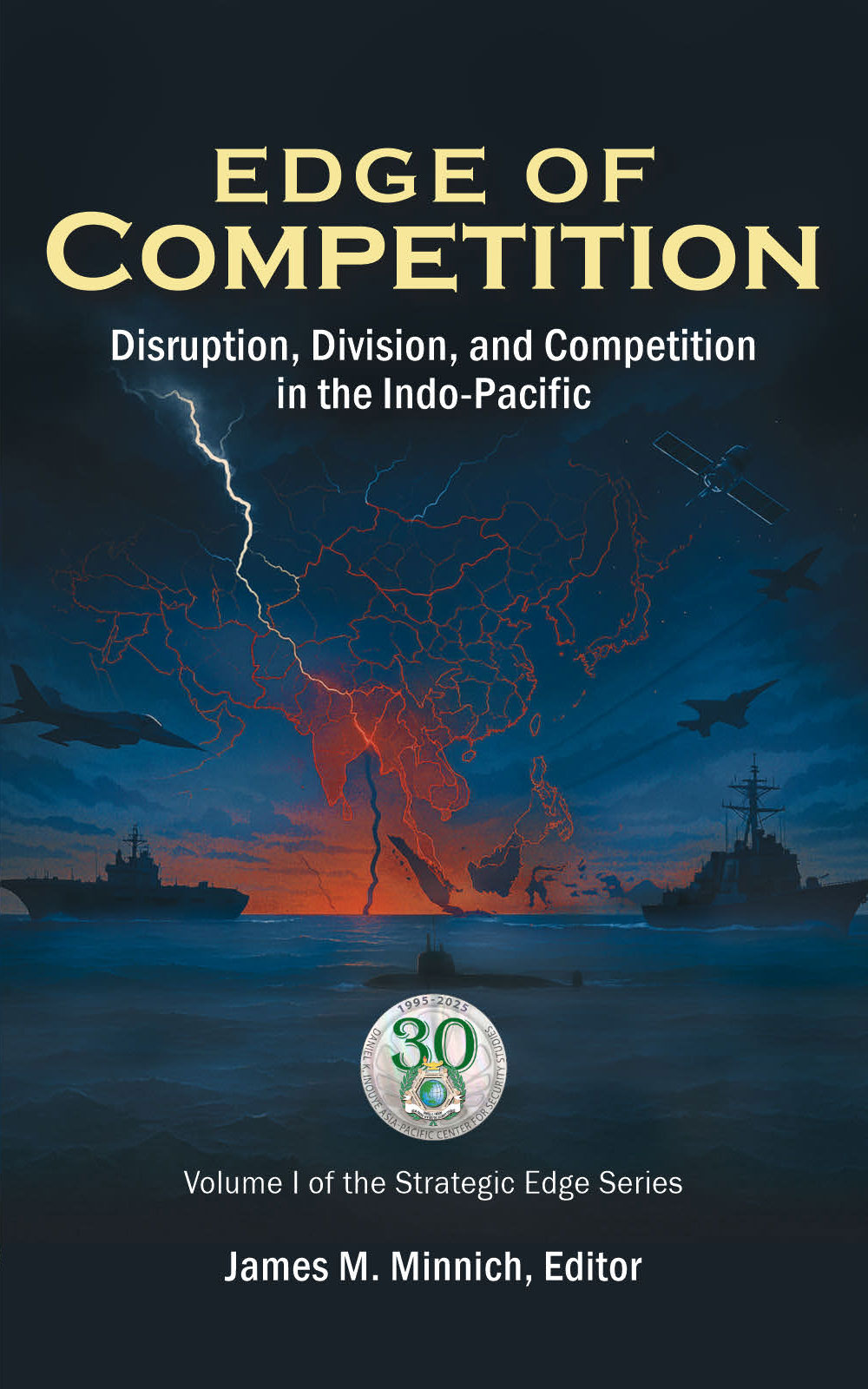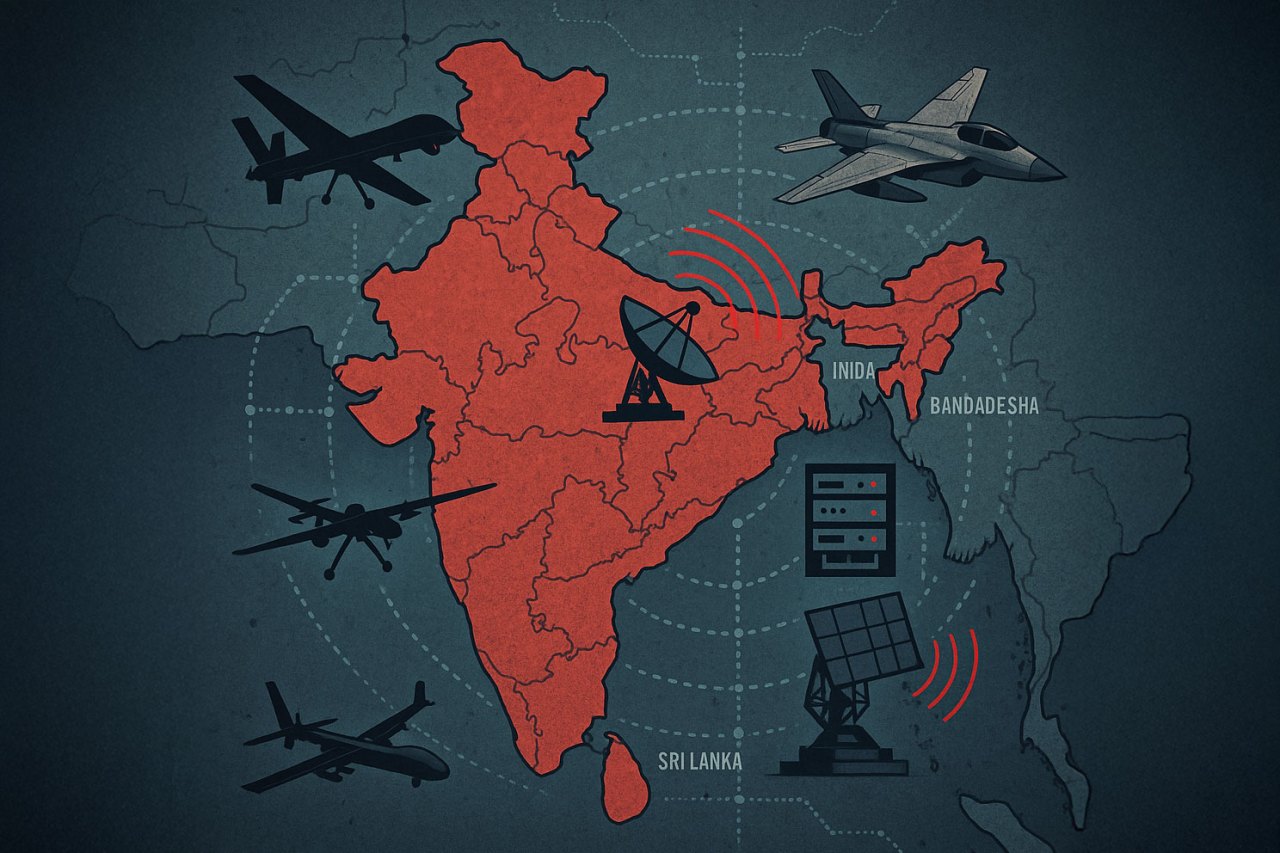Security Nexus Perspective: When Distance Collapses – Iran’s Crisis and the Geography of India’s Constraints
Explore the critical intersections of geopolitics, energy security, and maritime risk in a new Security Nexus Perspective by DKI APCSS Professor Shyam Tekwani, titled "When Distance Collapses: Iran’s Crisis and the Geography of India’s Constraints." This analysis examines the evolving dynamics between India and Iran, emphasizing the strategic implications of sanctions, instability, and shifting trade routes in the Persian Gulf and Strait of Hormuz. With a focus on energy markets, the Indo-Pacific, and the strategic role of Chabahar Port, the paper offers essential insights into how regional instability affects global security frameworks.



